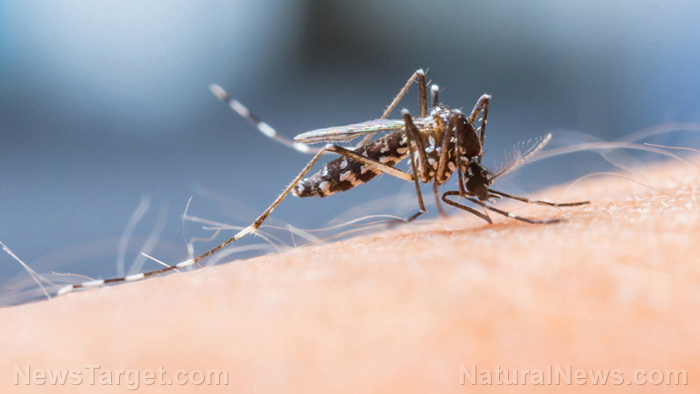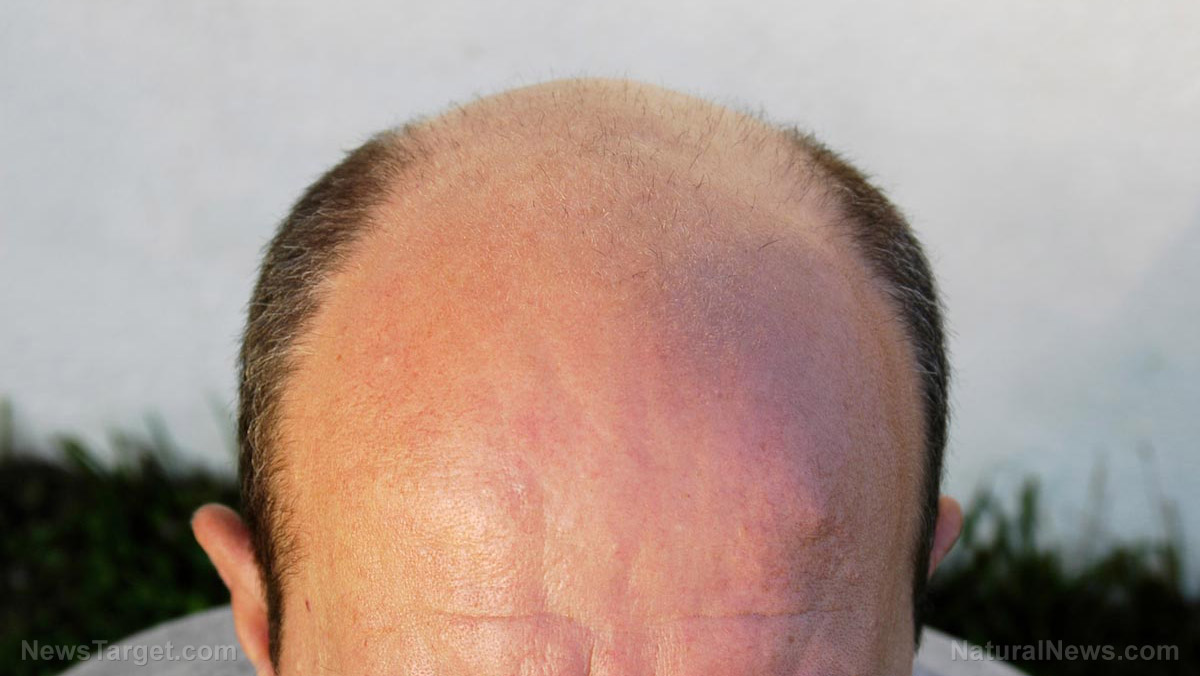Bill Gates-funded Colombian mosquito factory breeds 30 million bacteria-infected mosquitoes weekly
09/13/2022 / By Kevin Hughes

A Colombian mosquito factory funded by businessman Bill Gates is breeding 30 million bacteria-infected mosquitoes per week.
The self-proclaimed world health czar and Microsoft founder has already invested $185 million in the creation of the mosquito factory as part of his World Mosquito Program (WMP). The project’s stated purpose is to eliminate native mosquito populations believed to be responsible for dengue, zika and other viral diseases in humans using bacteria-infected mosquitoes that cause sterility.
Gates, who has drawn flak from the Indian Parliament for his unethical cervical cancer vaccine trials, posted the video on his YouTube channel.
In the video description, Gates gave a synopsis of how the WMP operation in Medellin breeds mosquitoes with the bacteria Wolbachia before releasing them “across the country to breed with wild mosquitoes that can carry dengue and other viruses threatening to sicken and kill the population.”
The project’s goal, as reported by SensorReceptor, is to introduce Wolbachia into native mosquito populations by using lab-bred mosquitoes that results in the contamination of specific populations. (Related: Genetically modified mosquitoes are being released in Florida Keys despite protests.)
The Wolbachia bacteria, which is existing in 50 percent of all insect species on Earth, affects mosquito reproduction, specifically the African mosquito species Aedes aegypti.
As shown in the WMP video, if a male mosquito transports Wolbachia and mates with a female, the female’s eggs will not hatch; if a male does not and a female does, the female’s offspring will hatch and bears Wolbachia; and if both the male and female bear Wolbachia, the offspring will all hatch and bring Wolbachia.
WMP creating an entirely different mosquito population
Clearly, the final outcome of this interbreeding is an entirely different mosquito population, complete with Wolbachia infections in all and each one of its members. And full extermination of any males who are not infected with the bacteria.
As stated by Gates and WMP, this is beneficial since Wolbachia supposedly supports to decrease the number of viruses in a specific mosquito population.
WMP claimed this is the case since its researchers have introduced dengue virus into Wolbachia-infected mosquitoes and discovered that “the virus didn’t grow well in the mosquito.” The WMP video went on to say that if the virus “can’t grow, it can’t be transmitted to other people.”
The former Microsoft CEO, in his post on Gates Notes describing WMP’s efforts, emphasized a pair of studies supposedly showing the plan’s efficacy in disease prevention.
Gates mentioned a randomized controlled trial from Yogyakarta, Indonesia, which claims to have decreased the city’s dengue cases by 77 percent and dengue hospitalizations by 86 percent. He also lauded a current study from Medellin that claims to show an 89 percent drop in dengue occurrence since the release of Wolbachia mosquitoes in 2015.
“What’s remarkable about the Wolbachia mosquitoes is that once enough of them are released to offer disease protection, it’s a solution that’s self-sustaining. Over time, families will be spared the heartbreak of losing loved ones and communities won’t need to spend money on prevention and treatment for these mosquito-borne diseases, freeing up funds for other health priorities,” Gates said in his blog post.
The Centers for Disease Control and Prevention (CDC) explained the use of Wolbachia, saying the Environmental Protection Agency (EPA) “has registered mosquitoes with Wolbachia to evaluate how effective they are in reducing numbers of Ae. aegypti mosquitoes, not other types of mosquitoes.”
“Mosquitoes with Wolbachia are not genetically modified” the CDC stated.
However, the National Library of Medicine research in 2010 has actually shown that “Wolbachia [species] are gram-negative bacteria that infect filarial nematodes and elicit an inflammatory response in cats and dogs.”
Follow Research.news for more stories like this.
Watch the video below to know more about the mosquito factory in Medellin, Colombia.
This video is from the High Hopes channel on Brighteon.com.
More related stories:
Bill Gates wants to deploy genetically modified mosquitoes to inject vaccines.
EPA approves release of GMO mosquitoes in the Florida Keys despite safety concerns.
Sources include:
Submit a correction >>
Tagged Under:
bacteria, bill gates, biotech, Colombia, dengue, Ecology, environment, infections, Medellin, mosquito, research, weird science, Wolbachia, World Mosquito Program
This article may contain statements that reflect the opinion of the author




















